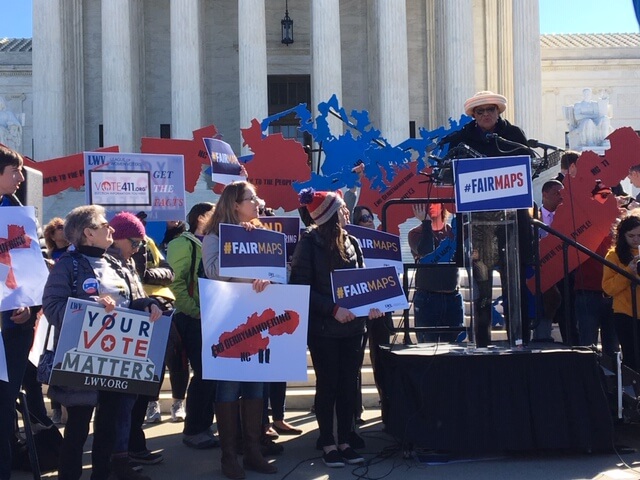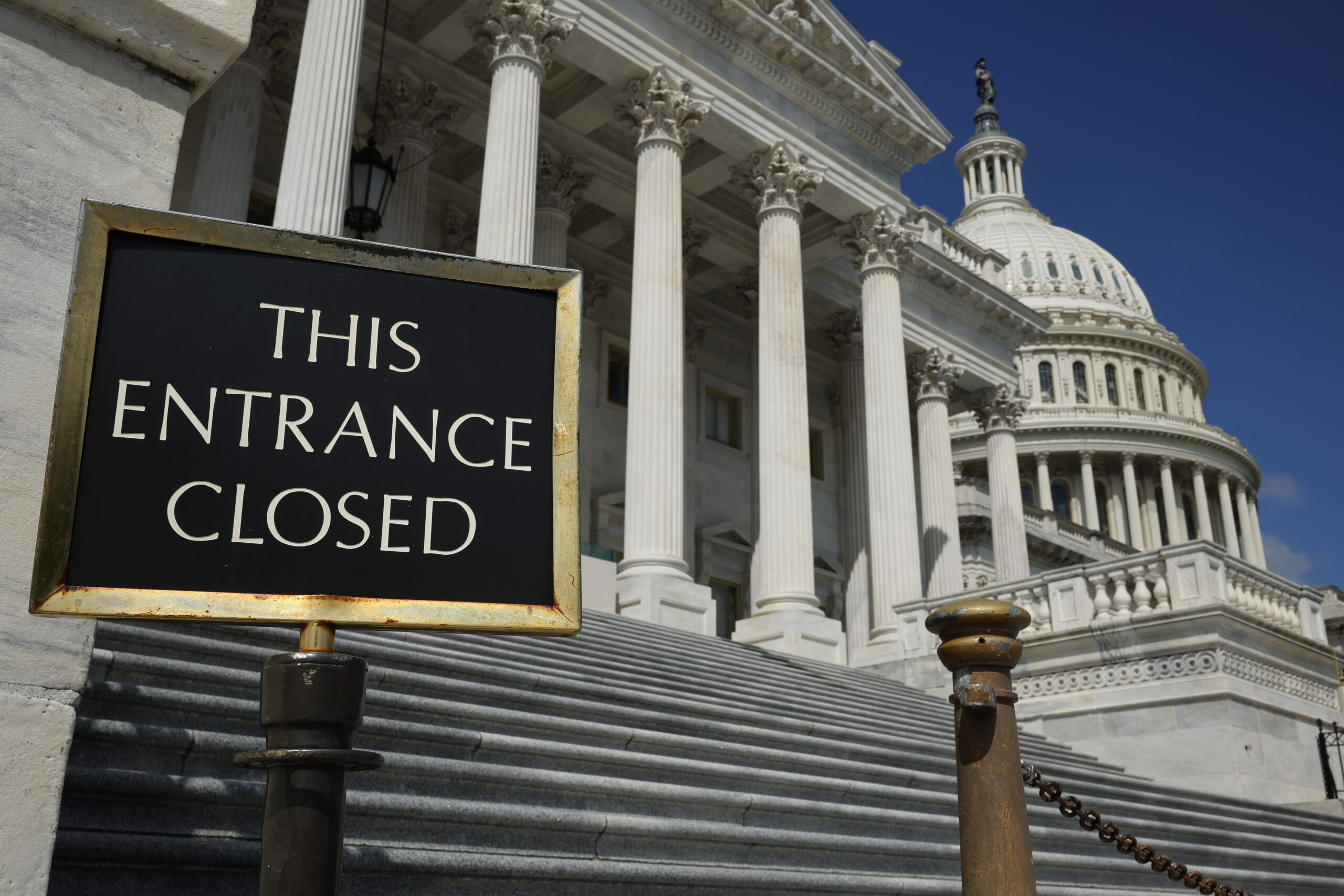Maryland Faces ‘Extreme’ Threat of Gerrymandering, New Report Says

Maryland is under “extreme” risk for gerrymandering when lawmakers draw up new election districts, according to a new report from an anti-corruption watchdog group.
The Gerrymandering Threat Index from the nonprofit group RepresentUs lists Maryland, alongside 26 other states, in the highest risk category for gerrymandering. States are listed under the group’s “extreme” risk category for giving “politicians complete control over an often-secretive, poorly-protected redistricting process.”
RepresentUs considered five questions when determining a state’s threat level for gerrymandering:
- Can politicians control how election maps are drawn?
- Can election maps be drawn in secret?
- Can election maps be rigged for partisan gain?
- Are the legal standards weak?
- And, are rigged election maps hard to challenge in court?
The report cites Maryland’s Democratic supermajority as a flag for potential gerrymandering, since the state relies on the legislature to approve maps. Maryland’s governor initially crafts congressional and legislative maps that are presented to the General Assembly. Lawmakers can pass a resolution (not subject to veto) changing the legislative districts. The Maryland Constitution sets some requirements for legislative districts, including that they must be compact and give “due regard” to jurisdictional boundaries.
Congressional district maps aren’t subject to the same restrictions under the Maryland Constitution. The governor can veto the legislature’s proposed congressional district map —but lawmakers could override a veto from Gov. Lawrence J. Hogan Jr. (R), as they’ve done on several key pieces of legislation during the 2021 session and throughout his tenure.
Hogan has repeatedly attempted to create a bipartisan redistricting process since he took office, but his efforts have failed to pass the General Assembly. In January, he signed an executive order creating a bipartisan commission to make recommendations for the congressional and legislative maps that he will submit to the legislature ahead of the 2022 election.
Attempts to challenge the state’s congressional districts in court have also failed, with the U.S. Supreme Court declaring in 2019 that federal judges shouldn’t be the ones to settle disputes on gerrymandering.
That high court ruling came after a panel of federal judges ordered the state’s 6th Congressional District redrawn, arguing that the district had been unconstitutionally drawn to benefit Democrats.
Rep. John P. Sarbanes’ (D-Md.) omnibus election reform proposal, the For the People Act, would include a congressional redistricting overhaul and ban partisan gerrymandering. The sweeping reforms would also require states to use bipartisan, independent commissions to draw district lines.
The RepresentUs report lists the For the People Act as a “remarkable opportunity” to end federal gerrymandering.
“Ultimately, a system-wide crisis calls for a system-wide solution,” the report reads.
In all, the Gerrymandering Threat Index lists 35 states as having a high or extreme risk for partisan gerrymandering in the next round of redistricting. Two of Maryland’s neighboring states, Delaware and West Virginia, are also listed as having an “extreme” risk for gerrymandering. Pennsylvania is given a “moderate” rating, and Virginia a “low” rating.
Virginia voters last November approved a nonpartisan redistricting process.





 Creative Commons Attribution
Creative Commons Attribution